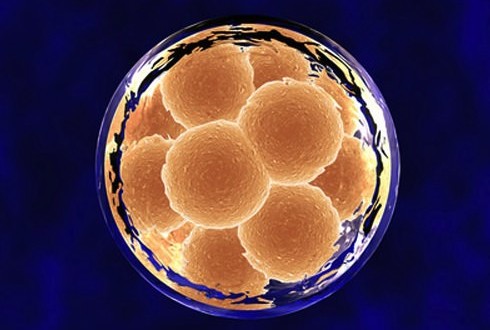Scientists who reported in January that they’d found a startlingly simple way to make stem cells have withdrawn the claim, after accusations of falsified data.
In two papers published earlier this year in the journal Nature, the researchers reported that they were able to transform ordinary mouse cells into versatile stem cells by exposing them to a mildly acidic environment.
Researchers hope to harness stem cells to grow replacement tissue for treating a variety of diseases, but not long after, a government-funded institution in Japan accused one of its scientists, a main author of the research, of falsifying data.
The researchers thus acknowledged “extensive” errors that meant “we are unable to say without a doubt” that the method works.
The retraction states: “These multiple errors impair the credibility of the study as a whole and we are unable to say without doubt whether the stimulus-triggered acquisition of pluri¬potency stem cells phenomenon is real.
“Ongoing studies are investigating this phenomenon afresh, but given the extensive nature of the errors currently found we consider it appropriate to retract both papers.”
“Although editors and referees could not have detected the fatal faults in this work, the episode has further highlighted flaws in Nature’s procedures and in the procedures of institutions that publish with us,” Nature said.
It said it had introduced improvements, including an extension to annexes in papers that detail experimental methods used in research, and using statistical advisors to check data.
Agencies/Canadajournal
 Canada Journal – News of the World Articles and videos to bring you the biggest Canadian news stories from across the country every day
Canada Journal – News of the World Articles and videos to bring you the biggest Canadian news stories from across the country every day



